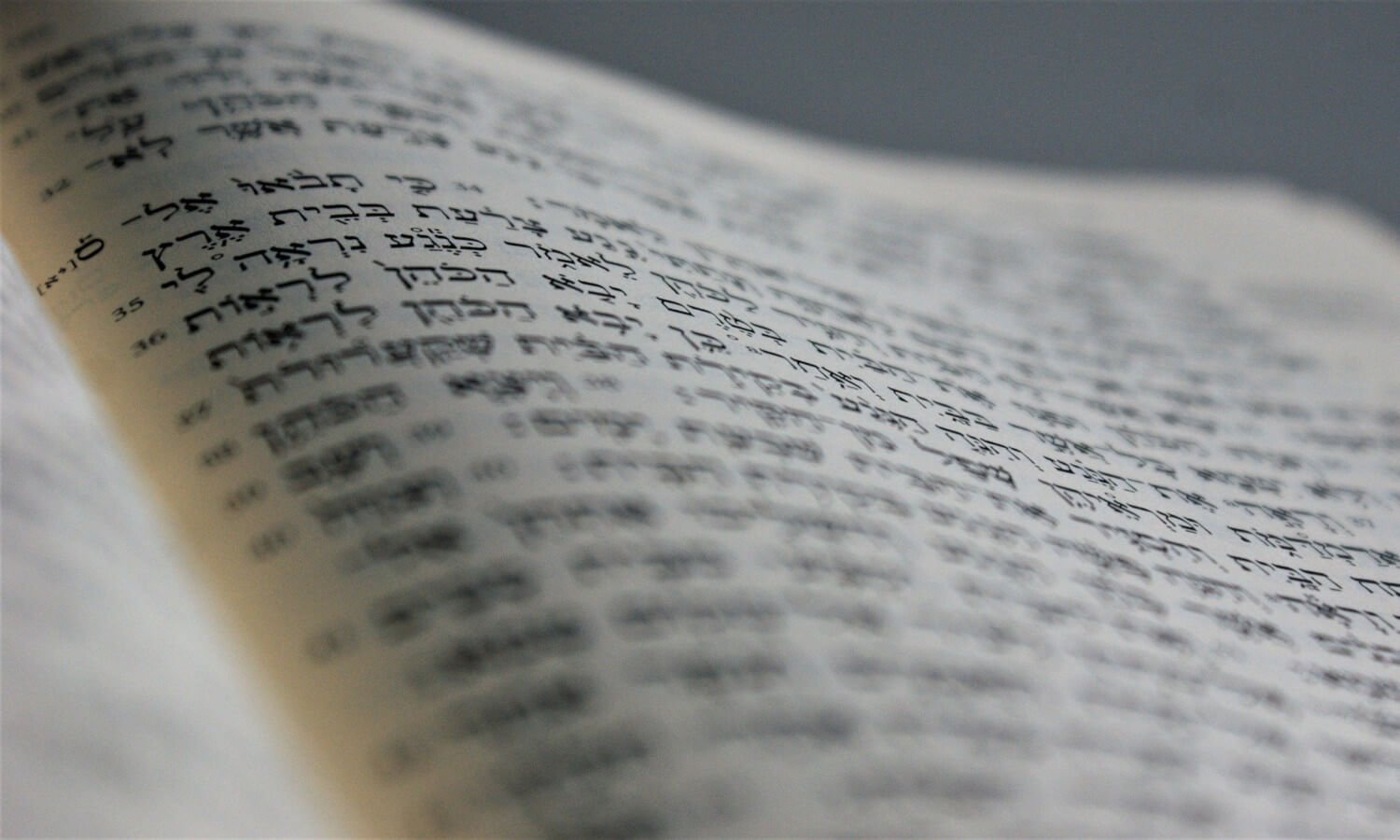
Show me Your glory
We covered the Hebrew verb כבד (“kabed”) and its derivative term, בוֹד [“kabod”] (honor), in two earlier articles. We will talk about “kabod” again because it is a significant Old Testament topic that deserves further discussion.
As we saw, the word “kabod” (pronounced “kavod”) can signify a variety of things, including glory, honor, dignity, majesty, brightness, shine, magnificence, and radiance.
“Kabod” can be used in two ways:
- a) with relation to a magnificent display of luminosity, light, and brilliance and
- b) in an ethereal sense, signifying grandeur, honor, and majesty.
It’s crucial to remember that the word “kabod” mostly refers to the Lord God and, as we’ve already seen, also expressly describes how He manifests Himself (Exodus 24:16–17). “Kabod” is a symbol for the majesty, brightness, magnificence, and omnipotence of God. He revealed Himself in this way. He also desires to reveal Himself to us through His Word.
God’s “kabod”/glory in the revelation of His message and/or intervention
During Israel’s desert journey, there were moments when the Lord God revealed His Word and message, displaying His “kabod” or glory. This was particularly true when the people rebelled or sinned and the Lord had to step in. For instance, God responded to the people’s grudging (“grumbled”) complaints over the scarcity of food by revealing His “kabod,” or honor.
Like the Lord, who had freed them from servitude, would let them go hungry! God responded to this attitude of disobedient skepticism by making His “kabod” or glory visible and saying, “You shall know that I am the Lord your God” (Exodus 16:10–12). Food was sent by God along with a reminder that He is the Lord!
Josh and Caleb brought God’s Word and promises to the people when, later in the desert, they fervently thought they would never be able to settle in the promised land and rebelliously refused to rely on God’s guidance and help in disbelief, believing instead the lie of the terrified (ten) spies. “The Lord is at our side. I dread not them (Numbers 14:9).
They intended to stone them in return! “But then the LORD’s glory, or “kabod,” appeared.” Numbers 14:10. The Israelites saw God’s physical presence, but this time it was to chastise them for their disbelieving defiance.
The “kabod”/glory of the LORD
The phrase “kabod[1] of the LORD” is a unique idiom in this context that merits special consideration. This phrase frequently occurs in the Hebrew Bible and is audibly heard, among other places, by the prophet Ezekiel. According to Ezekiel 1:28, we learn that Ezekiel recognizes the “glory of the Lord” when he sees a resemblance of brilliance and fire and bends down in reverence.
In addition to hearing the Spirit declare, “Blessed be the “kabod”/majesty of the LORD,” the prophet might also catch a glimpse of it (Ezekiel 3:12,23). This provides him the bravery and strength to share God’s message, especially during difficult times! We are now inspired to serve God and uphold His Word by His wonderful presence in our life via the Holy Spirit. However, what is the true meaning of this (abstract) phrase “kabod”? Moses answers this challenging query for us.
Moses and the “kabod”/glory of the LORD
Moses shares a unique experience with us that demonstrates the depth and breadth of the idea of “kabod,” or the splendor of the LORD. “Please show me Your kabod/glory,” the man of God begs the Lord as he must continue after the spectacular covenant breach around the golden calf (Exodus 32) (Exodus 33:18).
Wherever there is a place by Him, loving God calls His goodness that will pass before him, His name that will be revealed, and speaks of His grace and mercy. He also extends His hand of protection to Moses. The Lord states that now is the time when My “kabod” or grandeur shall be shown (Exodus 33:18-22).
It is declared clearly in verse 22 that this is God’s “kabod.” Moses’ encounter with the Lord also shows us where we might find our place of solace, tender protection, and inspiration during hardship, suffering, and despair: by Him on the rock! (cf. 1 Corinthians 10:4). His kindness, His holy name, Jesus (Acts 4:12), grace, mercy, and protection are how His “kabod” or splendor is shown. That is the grandeur of His presence, or “kabod,” which is likewise extended to us.
“Ascribe to the Lord the “kabod”/glory due His name…” (Psalm 96:8).
Note
[1] When referring to a property connection, the Hebrew word “kabod” assumes the form “kebod”; thus, “Kebod YHWH” denotes the glory or honor of the LORD. But we’ll stick with the uninflected form “kabod” in this article.
© Copyright dr. Annechiena Sneller-Vrolijk





